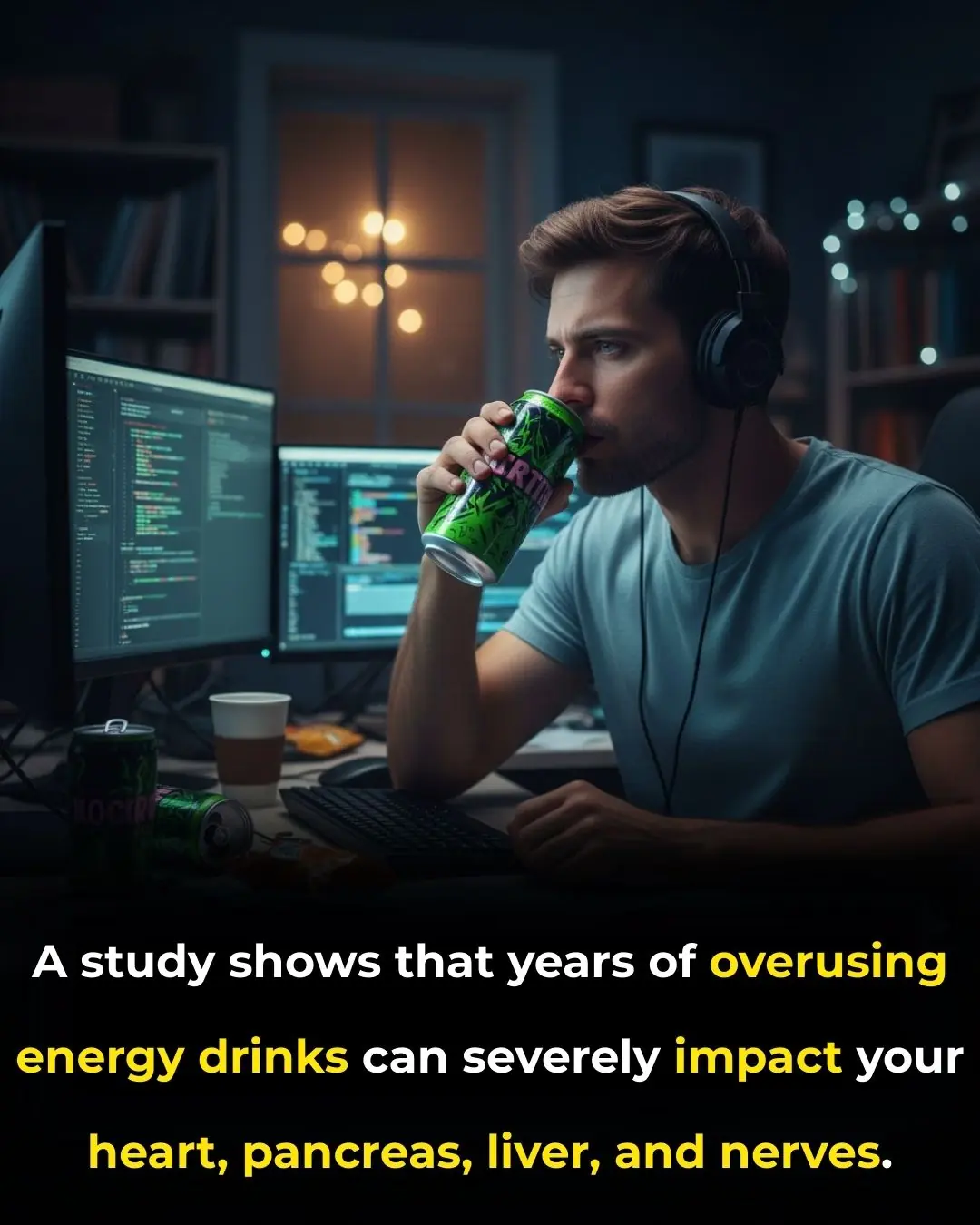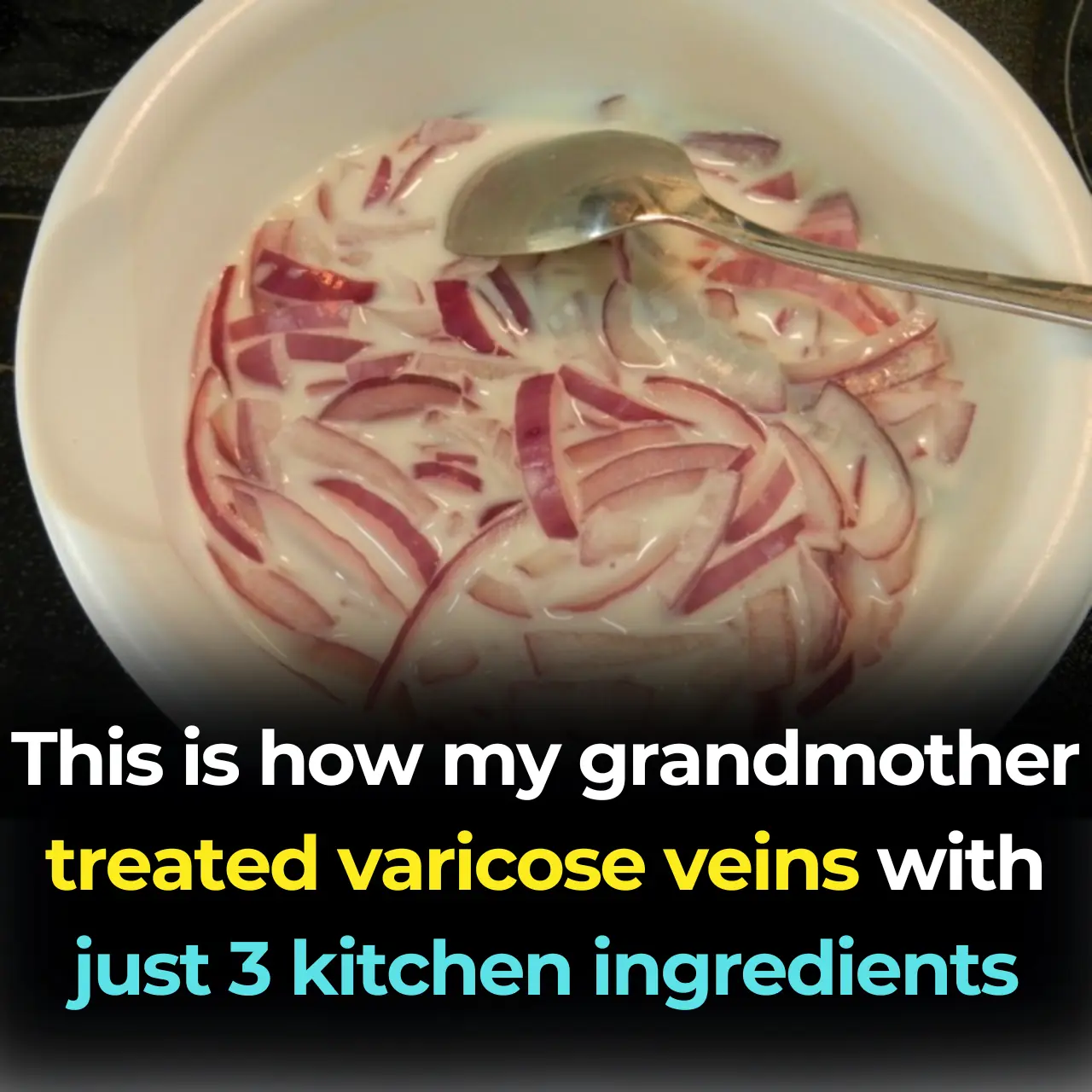
The B vitamin solution: lower blood pressure when medications fail

Imagine a world where managing your blood pressure isn’t a daily struggle filled with frustration and costly prescriptions, but rather a simpler, more effective, and even more affordable routine. What if the key to unlocking better cardiovascular health lay not in a new drug, but in something as common as a vitamin you can find at your local pharmacy? Emerging science suggests that B vitamins could hold the power to transform how we approach high blood pressure — offering a hopeful new path for millions worldwide who haven’t achieved ideal results with traditional medication alone.
The Widespread Challenge of High Blood Pressure
High blood pressure, or hypertension, affects nearly one-third of adults globally and remains one of the leading causes of heart attacks, strokes, and kidney failure. Managing it often requires a lifelong commitment to medication, diet, and lifestyle adjustments. Yet, for many people, even a cocktail of prescribed drugs fails to bring their readings into a healthy range.
If that sounds familiar, you might be among the one in eight individuals living with drug-resistant hypertension — meaning your blood pressure stays stubbornly high despite using at least three different medications. For this growing group, the search for safer, more effective alternatives has become increasingly urgent.
Adding to the challenge, health guidelines have tightened in recent years. What was once considered “borderline” is now officially high: anything above 130/80 mmHg is classified as hypertension, compared with the older 140/90 threshold. This shift means millions more people now fall under the “high blood pressure” category — making innovative solutions more important than ever.
The Homocysteine Connection: A Clue Hidden in Plain Sight
Recent groundbreaking research is shining light on a lesser-known culprit that may play a crucial role in hypertension: homocysteine. This naturally occurring amino acid is produced as your body metabolizes protein. Under normal circumstances, it’s harmless. But when levels rise too high — a condition known as hyperhomocysteinemia — it can silently damage your blood vessels.
Elevated homocysteine causes your arteries to stiffen and narrow, restricting blood flow and pushing your blood pressure upward. Over time, this not only increases your risk of hypertension but also sets the stage for heart disease, stroke, and cognitive decline.
So, what causes these levels to climb? Often, it’s linked to genetics or a deficiency in specific B vitamins — particularly vitamin B6, B12, folate (B9), and riboflavin (B2). These nutrients are essential for breaking down homocysteine efficiently, and when your body lacks them, levels can build up quickly.
The Vitamin Solution: Small Change, Big Impact
The exciting news is that lowering homocysteine can be done safely, naturally, and affordably. A comprehensive review of multiple clinical studies found that supplementing with B vitamins can reduce systolic blood pressure by 6 to 13 mmHg — a meaningful difference, especially for those struggling with resistant hypertension.
To put that into perspective: even a 2 mmHg reduction in systolic pressure can lower your risk of stroke by up to 10%. That means a modest daily vitamin routine could have long-term, life-saving benefits.
Researchers also point out an important — and often overlooked — issue: laboratory reference ranges for homocysteine levels. While most labs still consider 11.4 μmol/L “normal,” the latest data suggests that anything above 10 μmol/L may already be too high. This seemingly small discrepancy could mean the difference between catching a problem early and missing an opportunity for timely intervention.
What This Means for You
If you’ve been struggling to keep your blood pressure under control, this new line of research could be a game changer. Incorporating the right B vitamin supplements — under medical supervision — may help lower both your homocysteine levels and your blood pressure naturally. However, it’s essential to consult your healthcare provider first. Dosage and vitamin type can vary depending on your age, health status, and other medications you’re taking.
Lifestyle still plays a vital role, too. Pairing vitamin supplementation with a balanced diet, regular exercise, adequate sleep, and stress management creates the best environment for your body to heal and regulate itself.
A Promising Path Forward
This pivotal research, led by Dr. Merrill Elias and published in the American Journal of Hypertension, highlights a new frontier in cardiovascular care — one where nutritional science and traditional medicine work hand in hand. For people living with drug-resistant hypertension, this discovery offers renewed hope: an accessible, science-backed, and cost-effective way to take control of your health.
While vitamins aren’t a magic bullet, they represent a powerful addition to your treatment strategy — potentially helping millions reduce their reliance on multiple medications while improving long-term heart health. The future of hypertension management may very well start with something as simple as what’s already on your breakfast table.
News in the same category

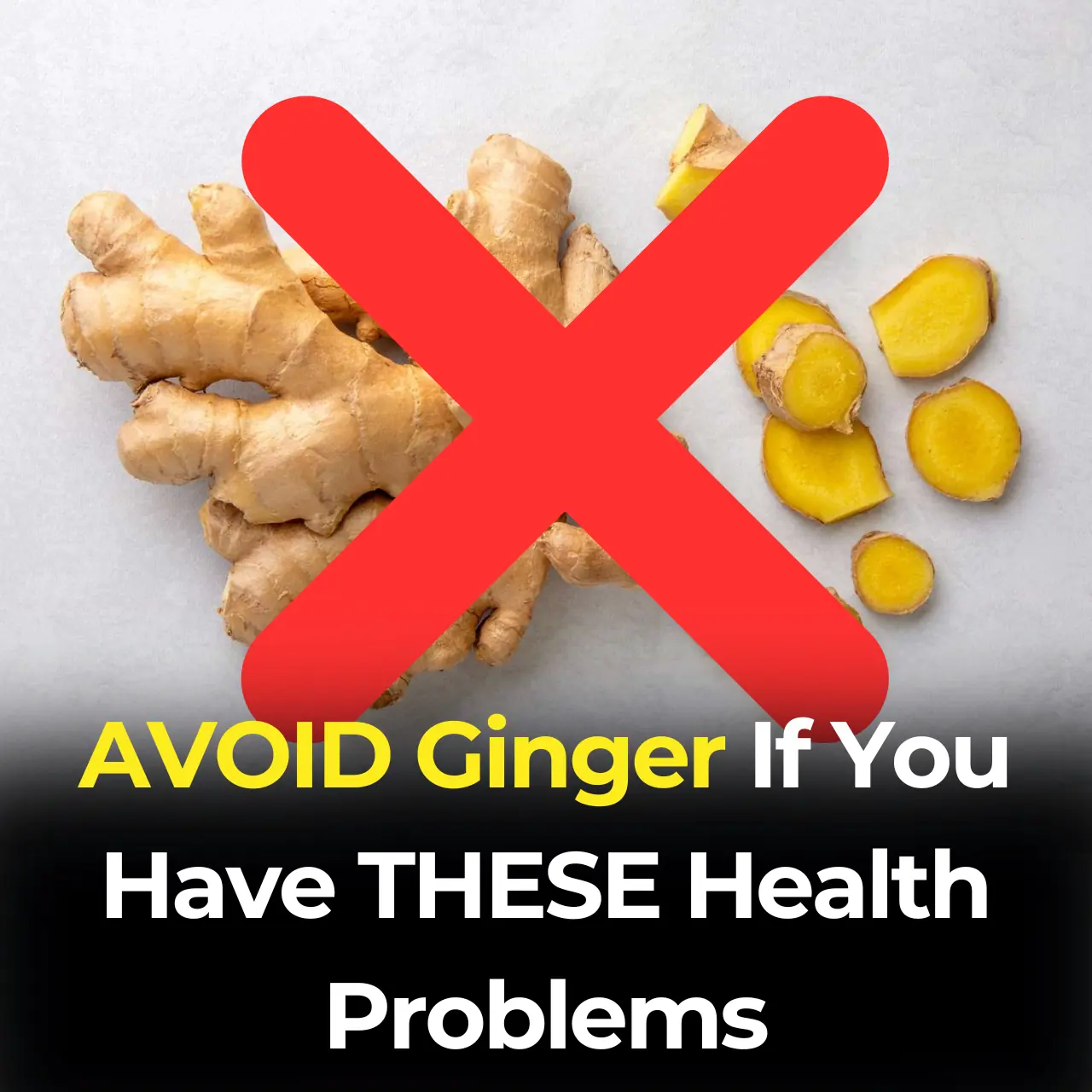
AVOID Ginger If You Have THESE Health Problems
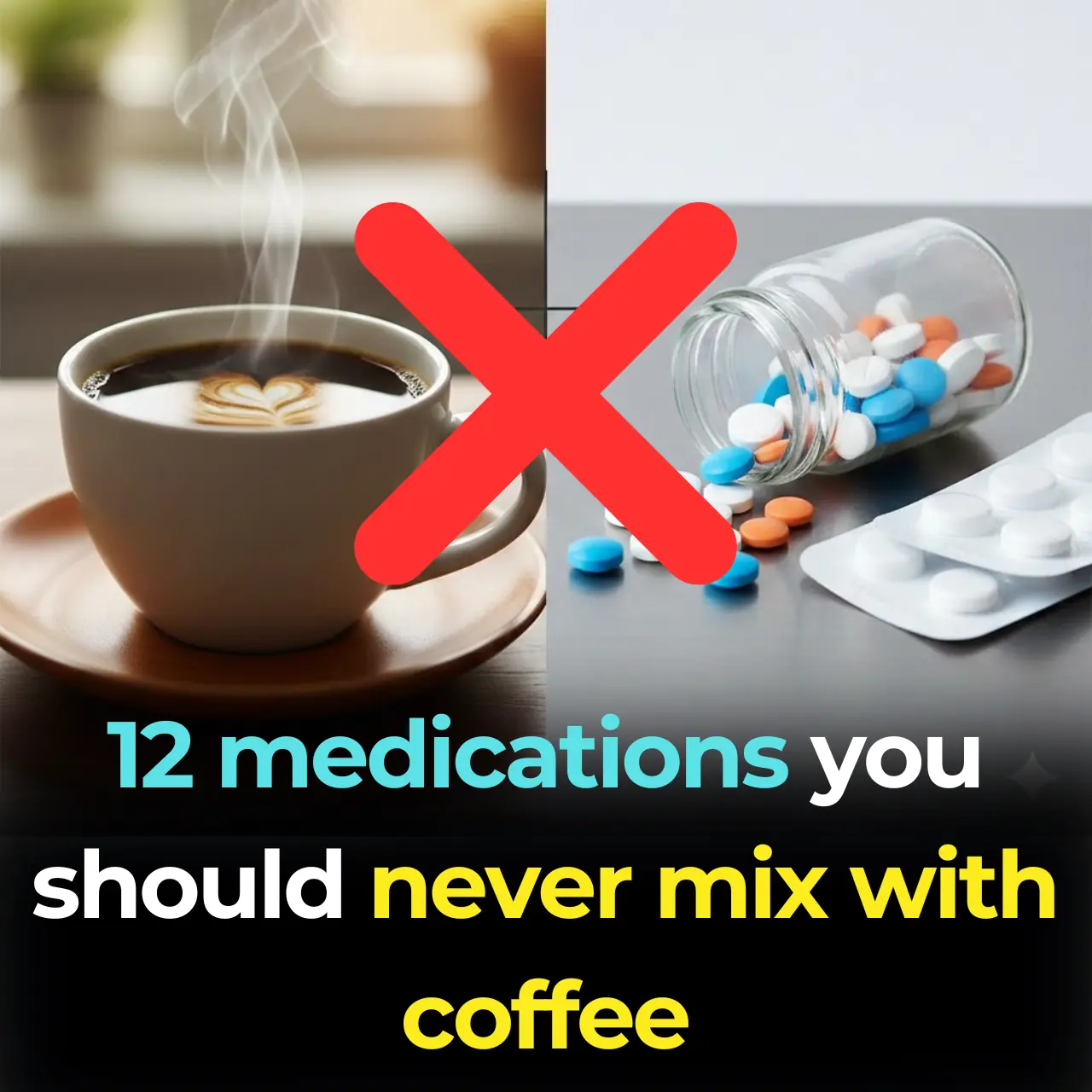
12 medications you should never mix with coffee
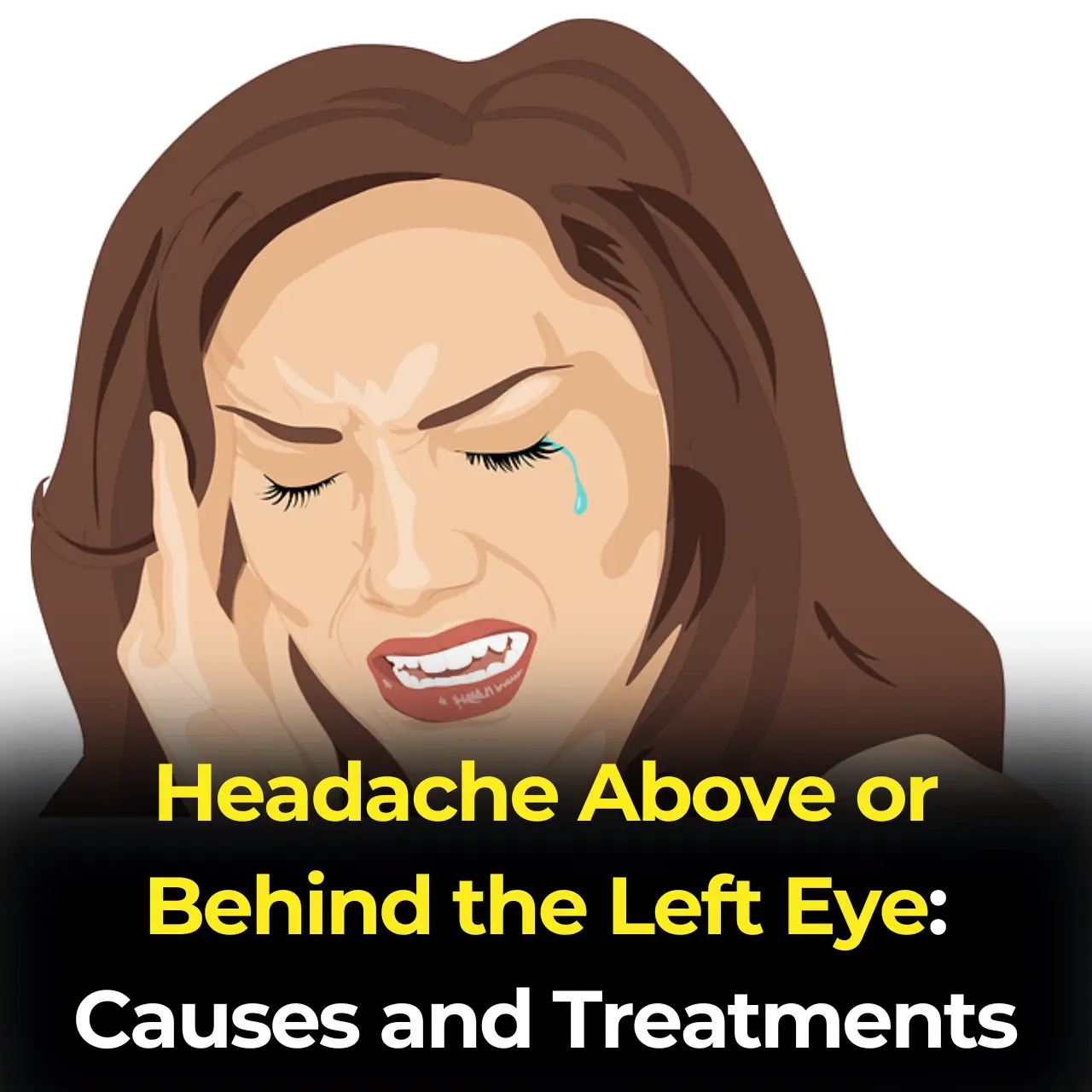
Headache Above or Behind the Left Eye: Causes and Treatments
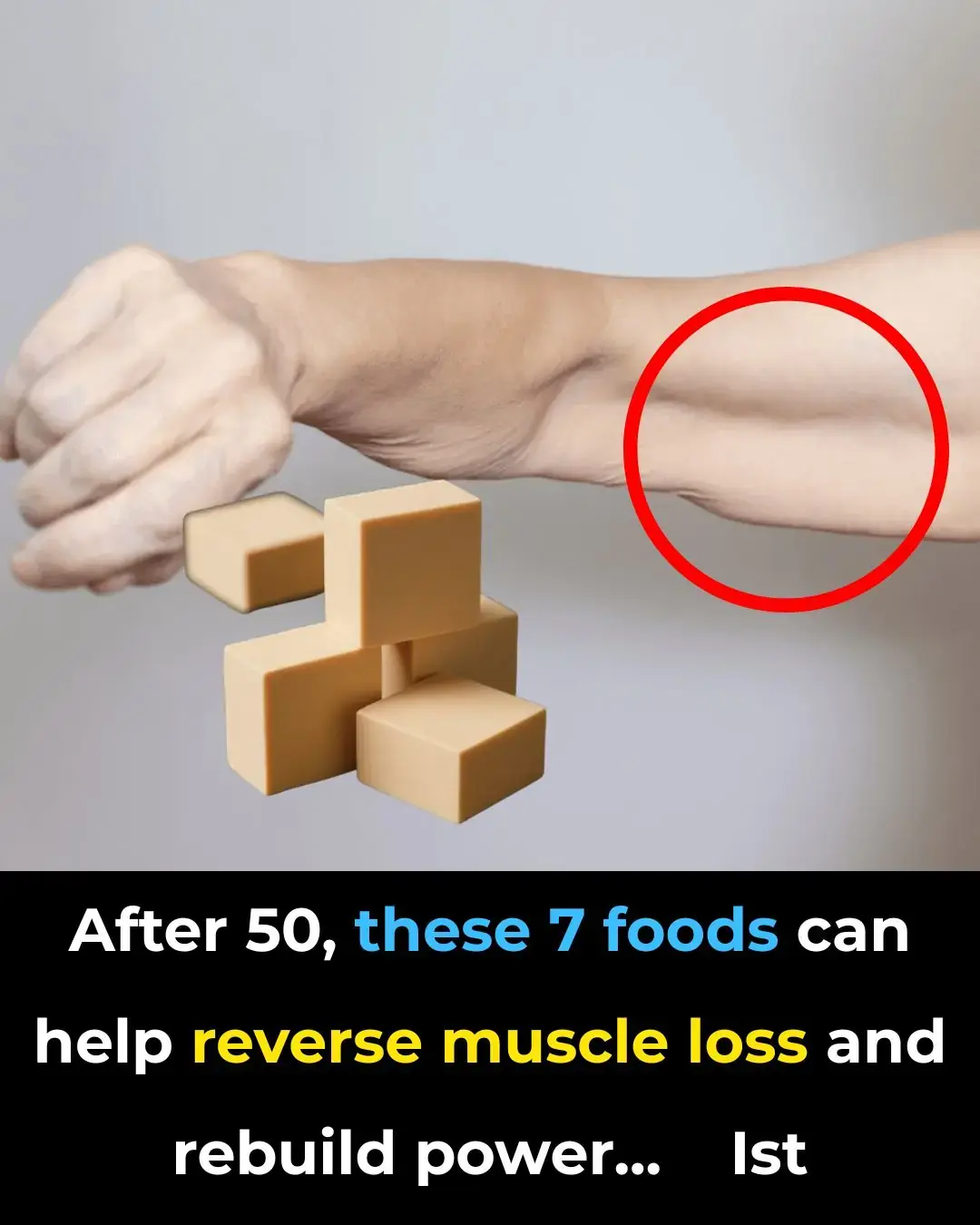
7 best foods to rebuild your muscle strength after 50
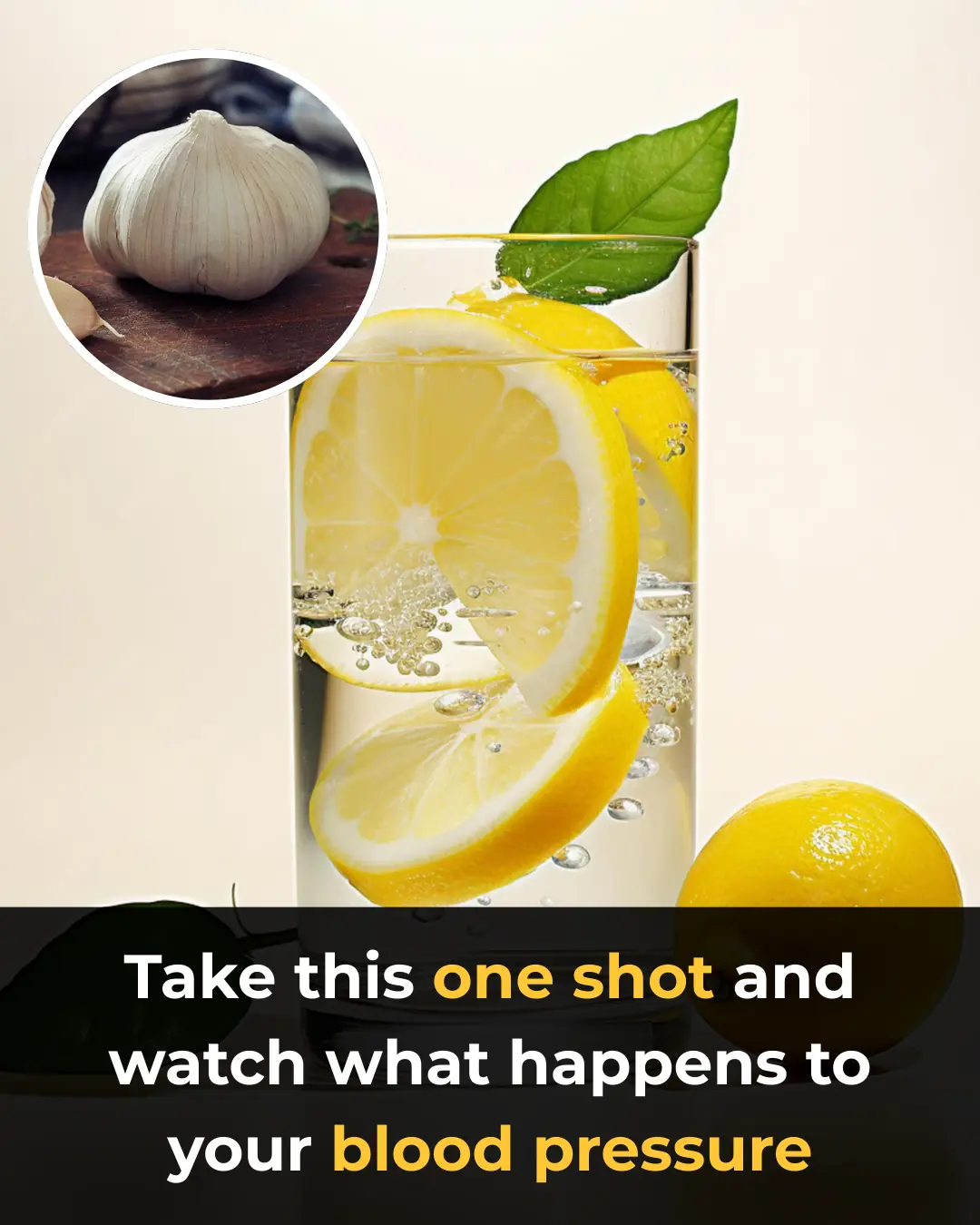
Take this one shot and watch what happens to your blood pressure

5 Unique Things You Only Experience When Loving an Older Woman
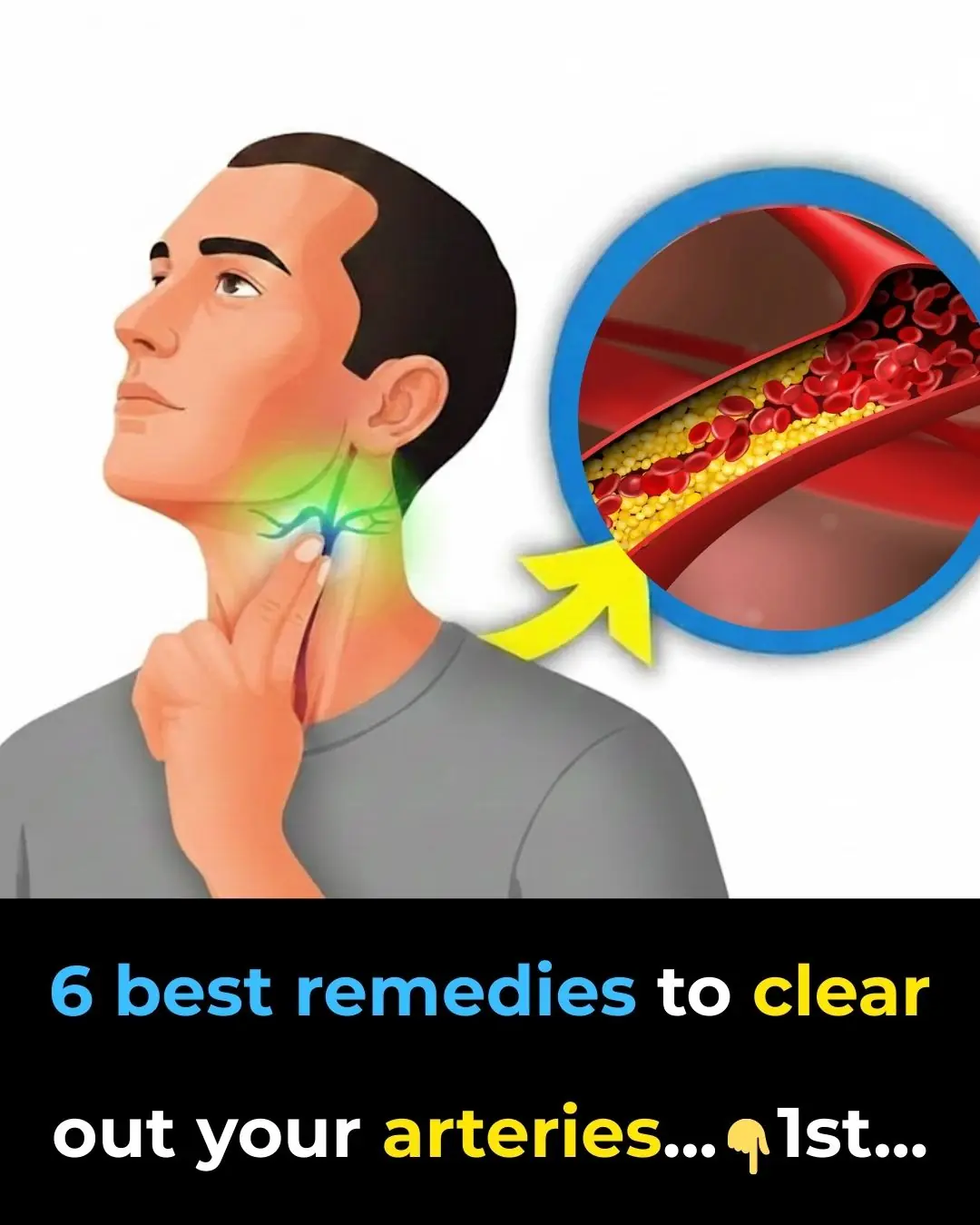
6 Best Remedies To Clear Out Your Arteries
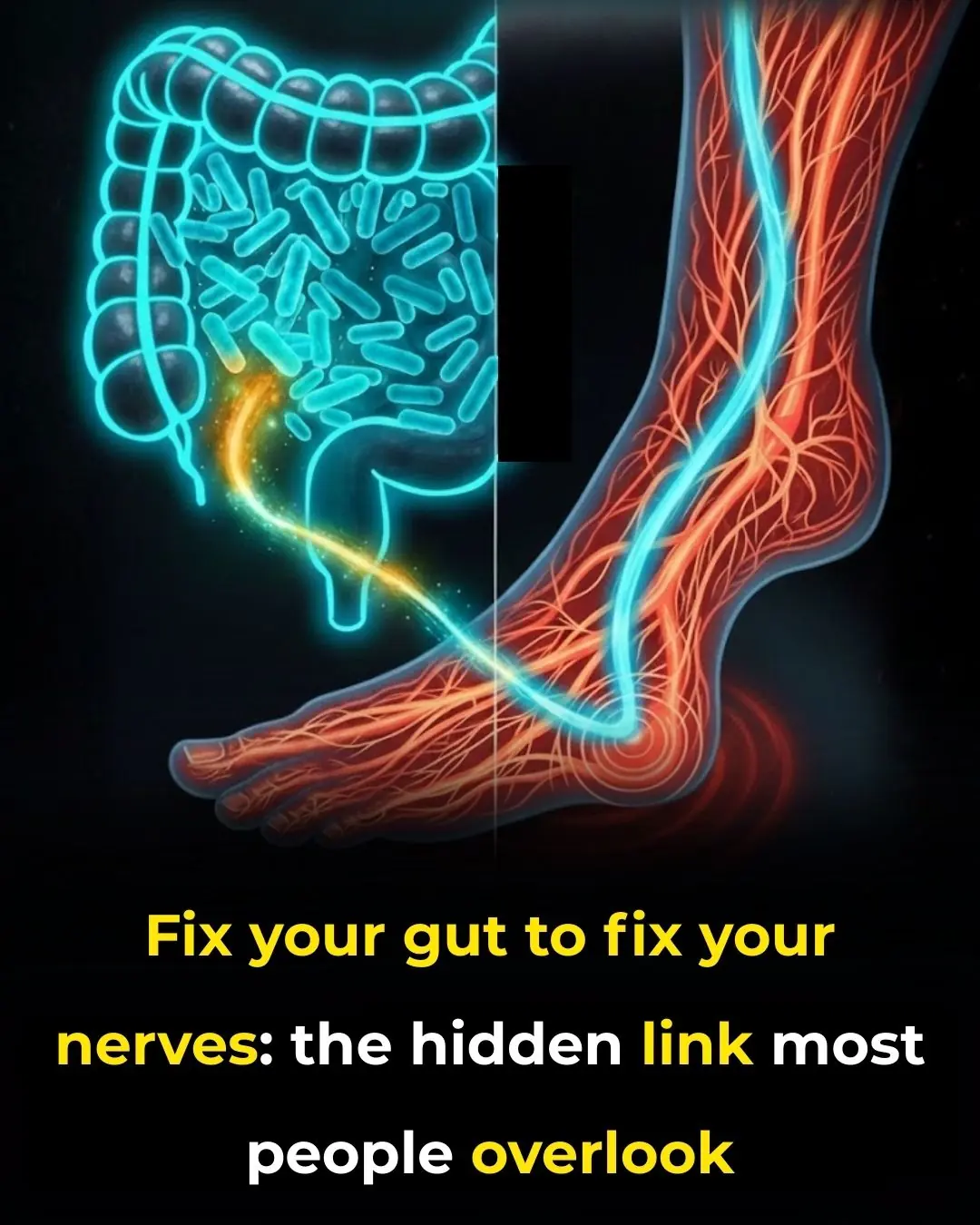
Fix your gut to fix your nerves: the hidden link most people overlook
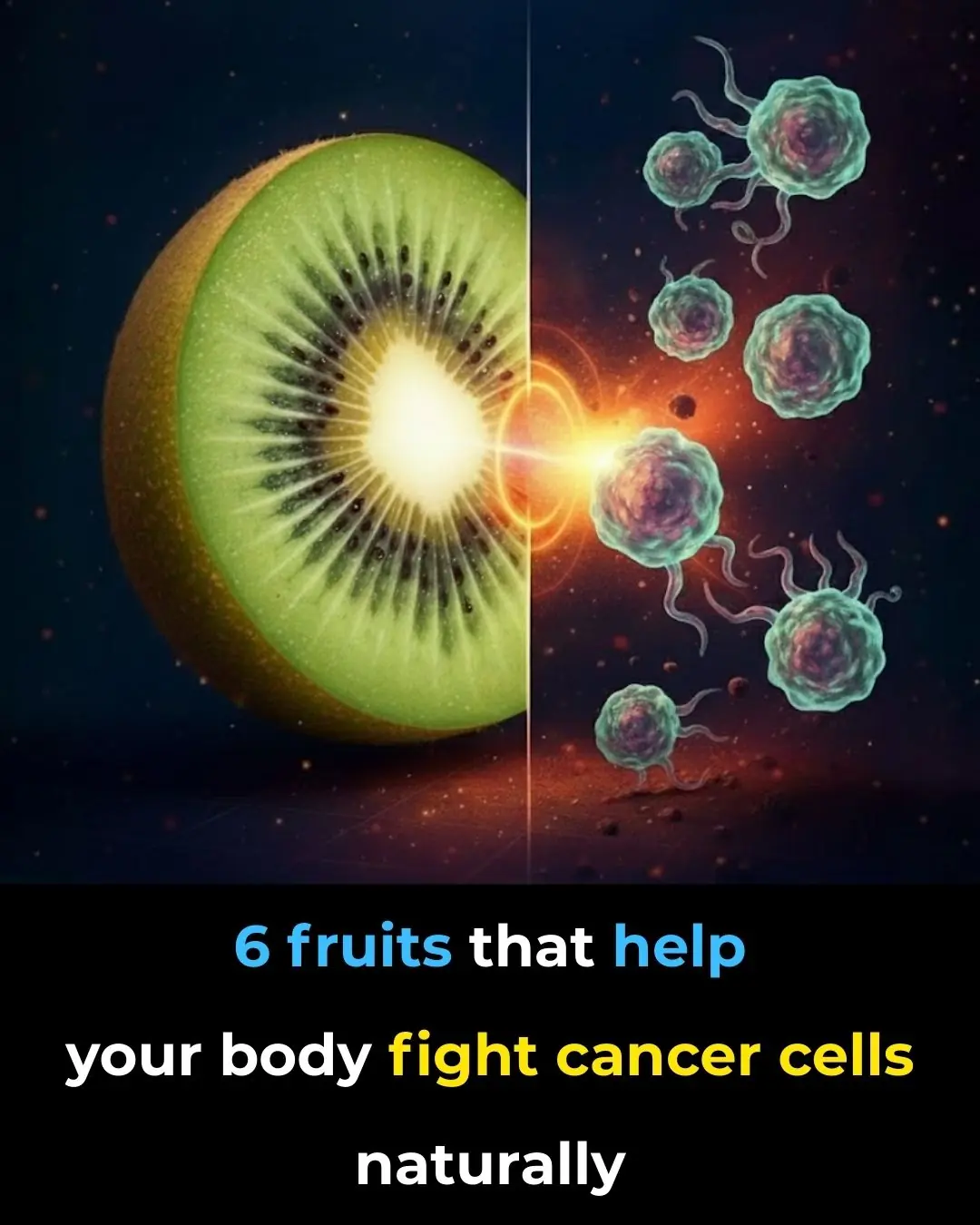
6 fruits that help your body fight cancer cells naturally
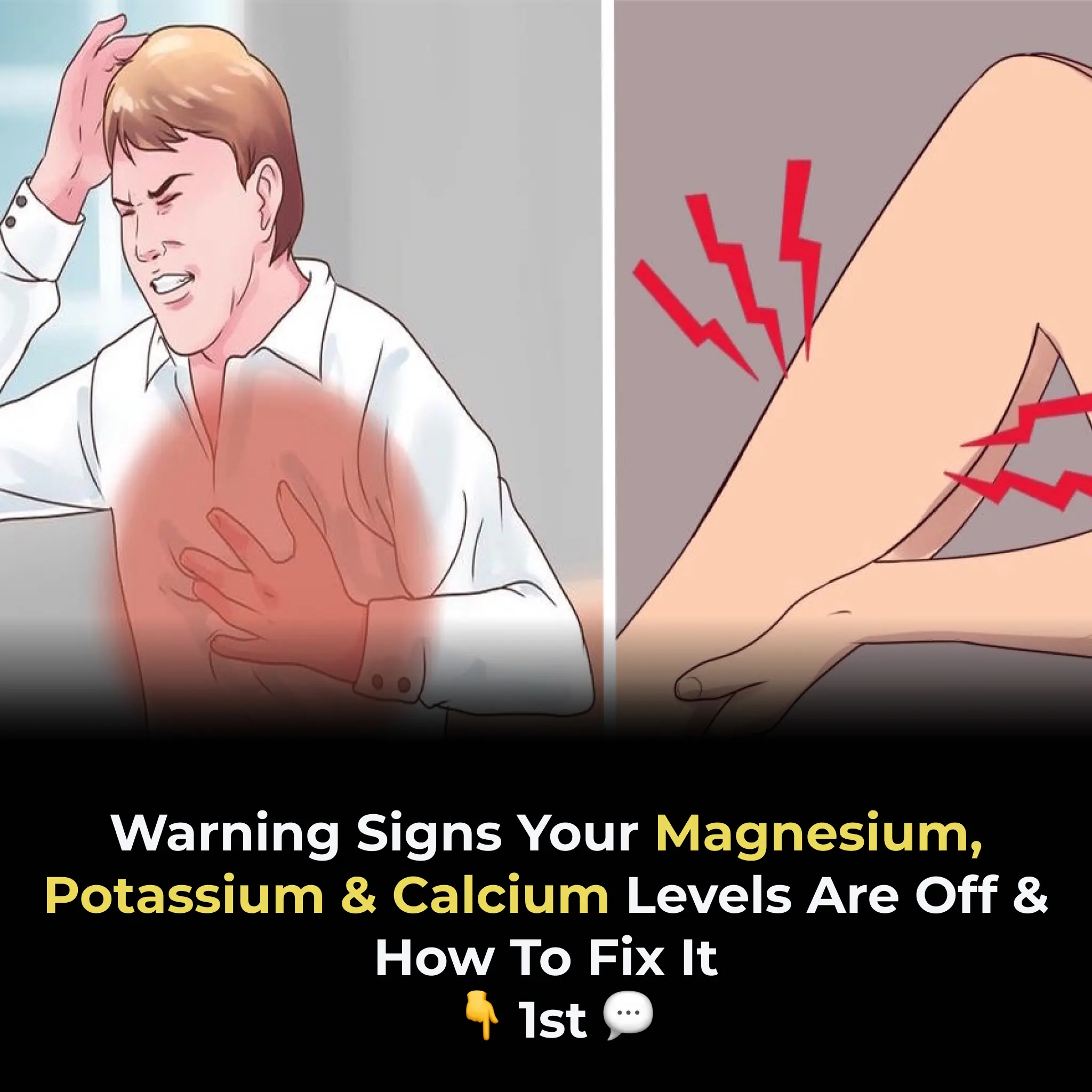
Warning Signs Your Magnesium, Potassium, and Calcium Levels Are OFF and How to FIX It!
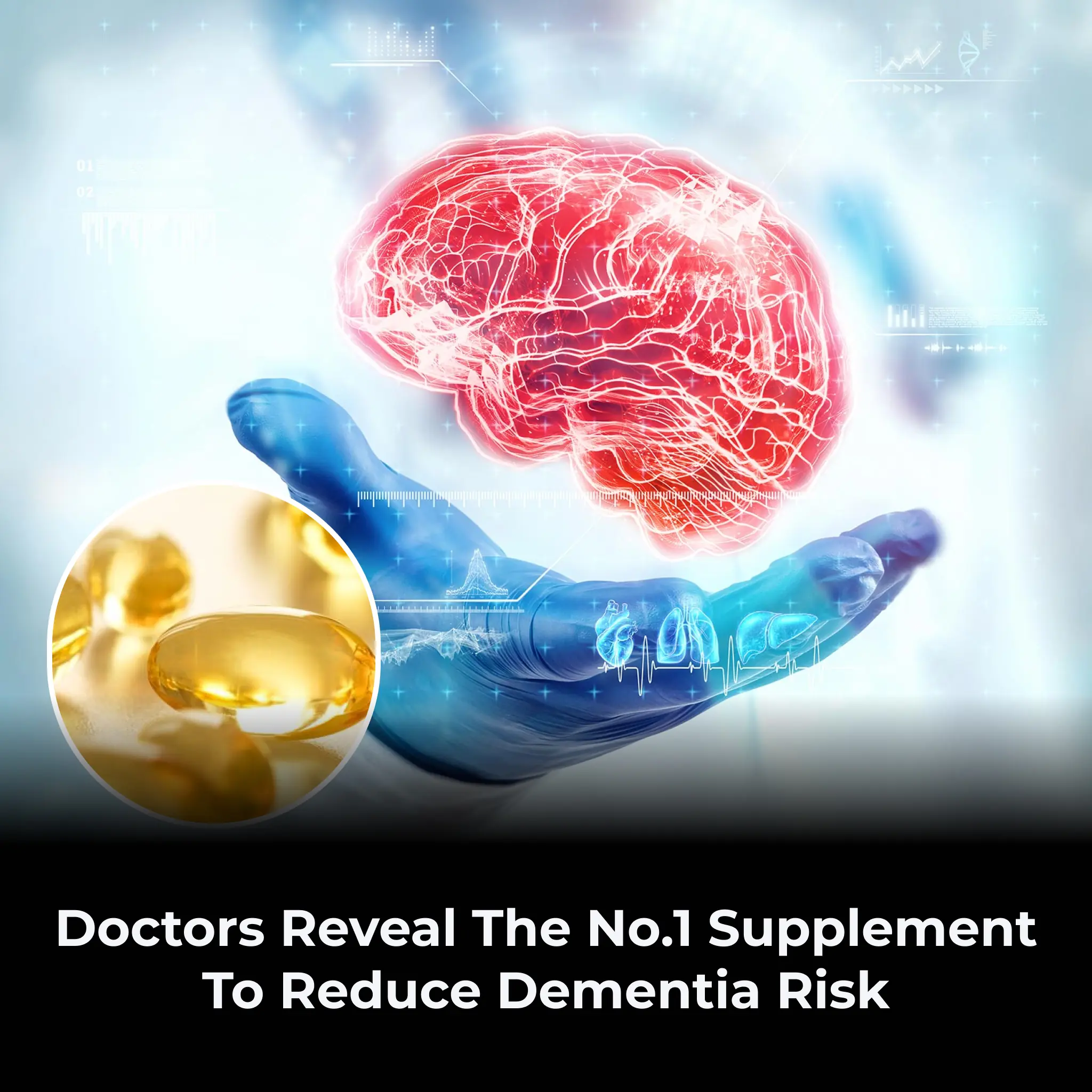
Doctors reveal the no.1 supplement to reduce dementia risk
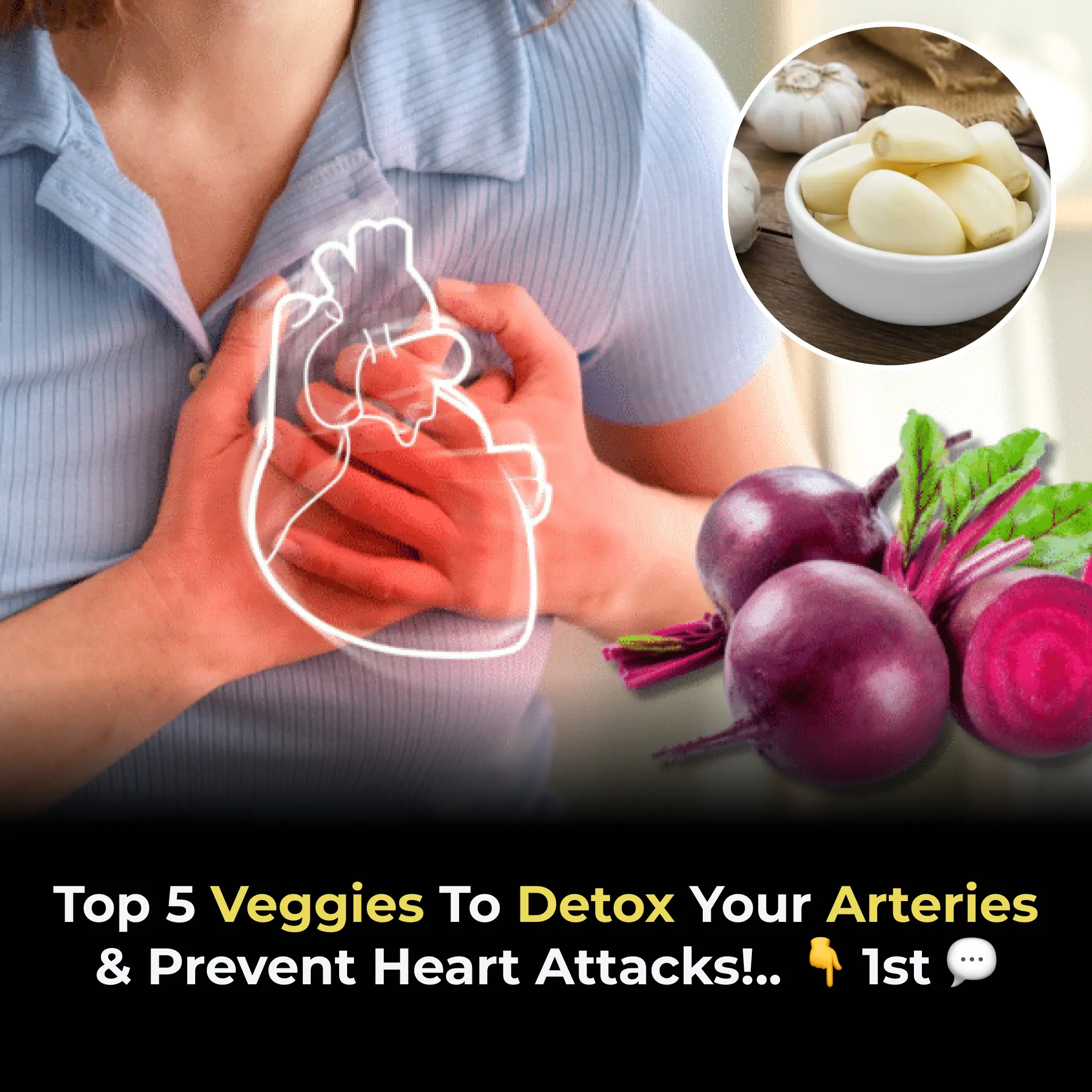
Top 5 veggies to detox your arteries & prevent heart attacks!
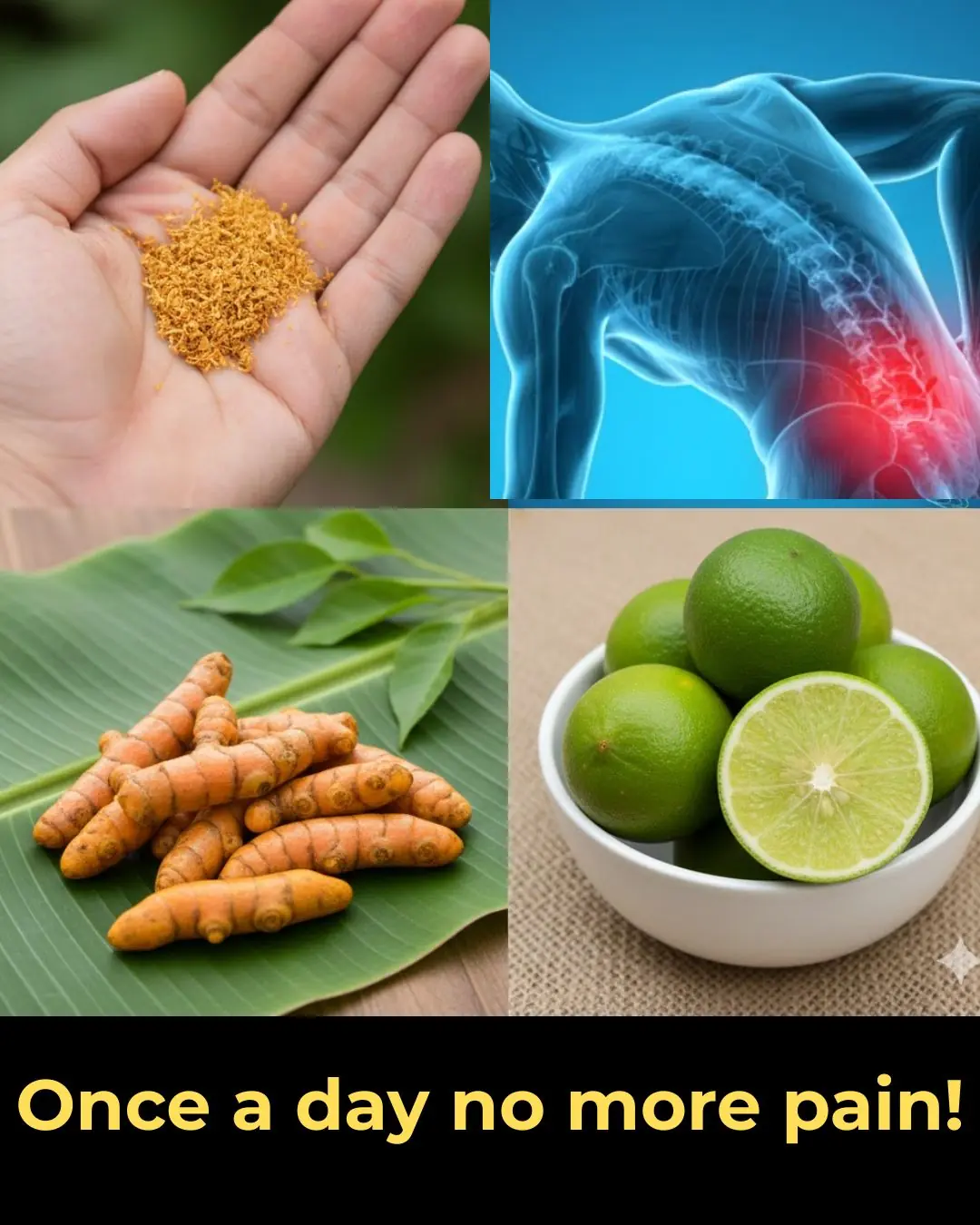
THIS SEED: AFTER 50, IT STRENGTHENS BONES & CURES ALL PAINS
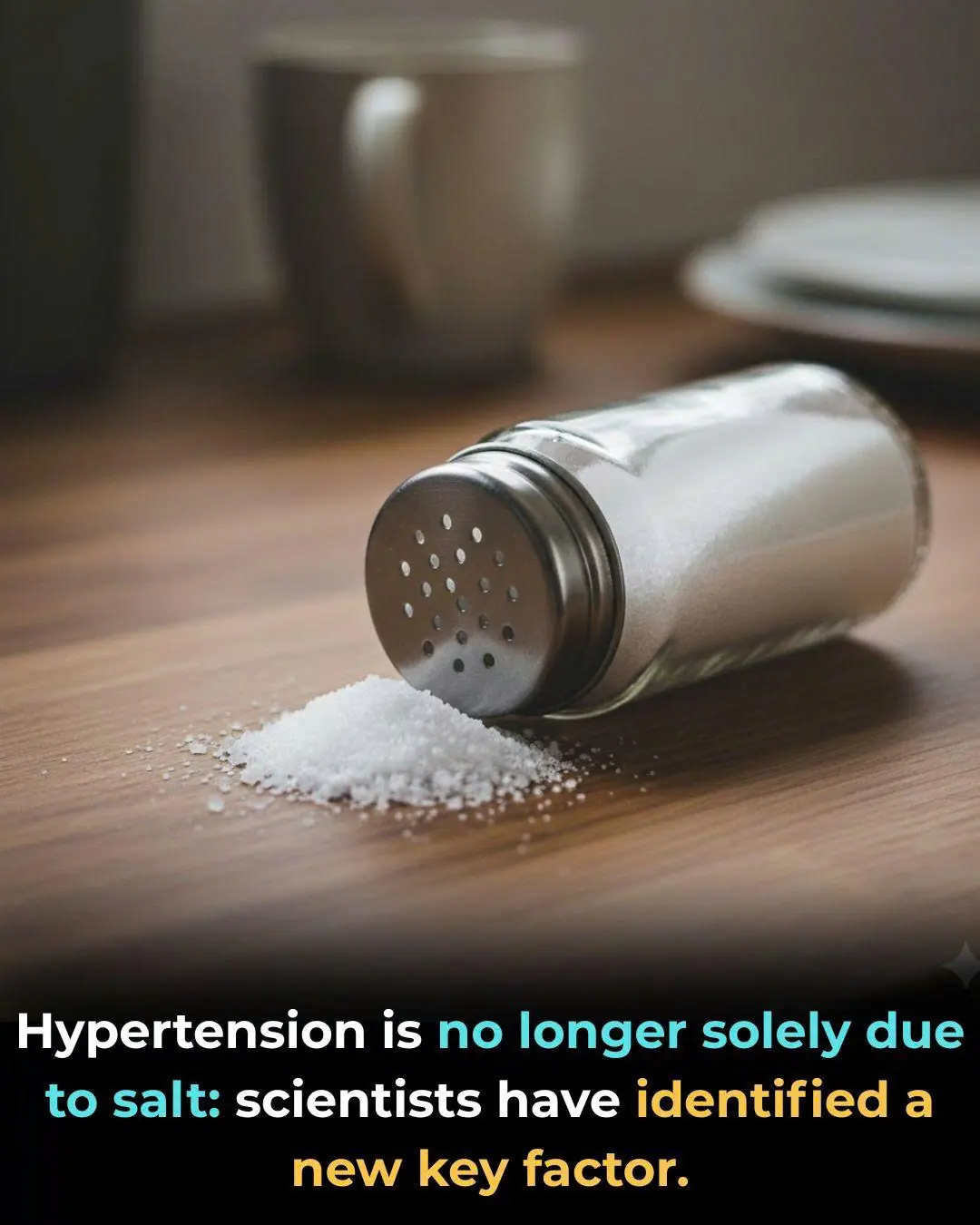
High Blood Pressure Has a New Culprit
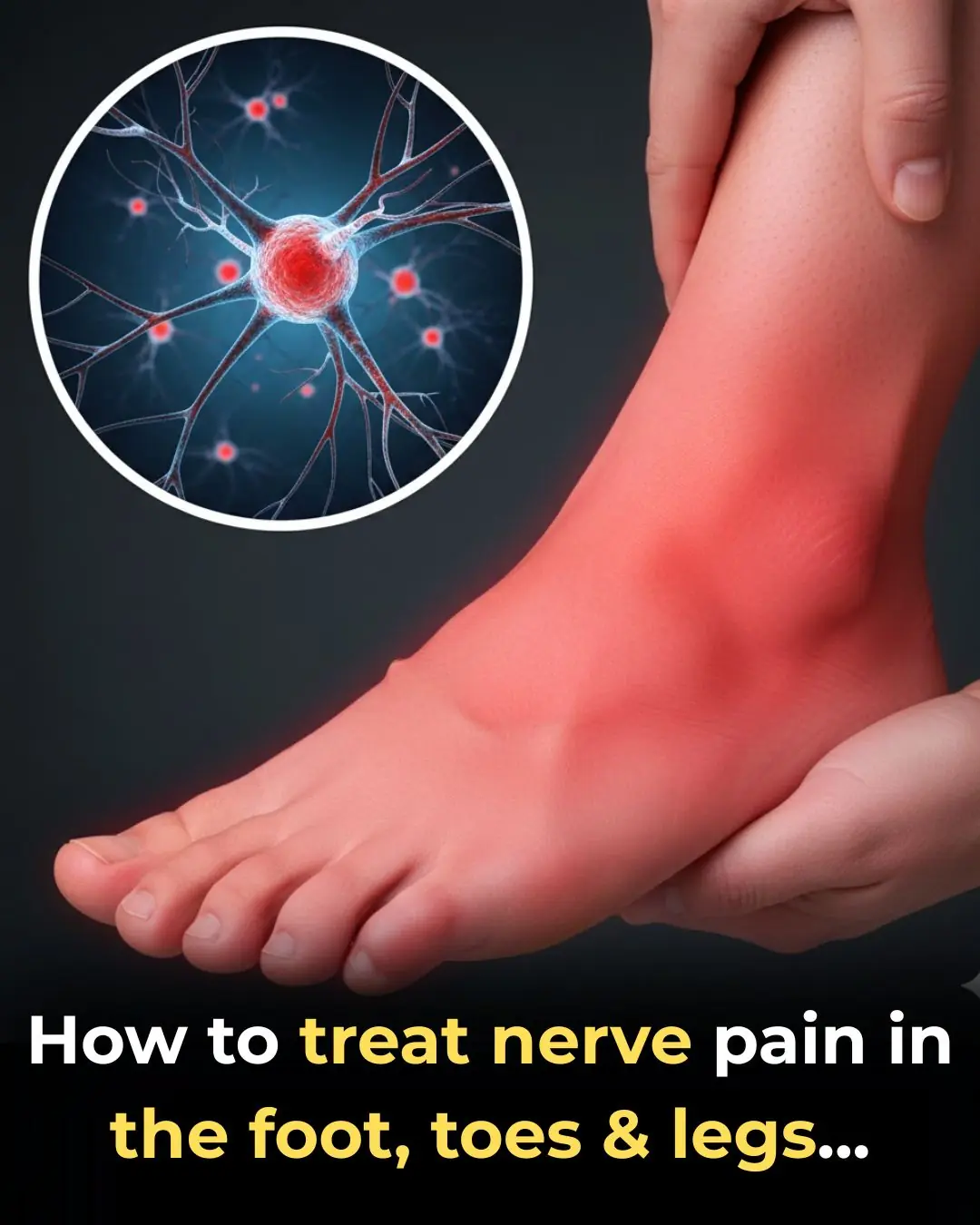
How to treat nerve pain in the foot, toes & legs
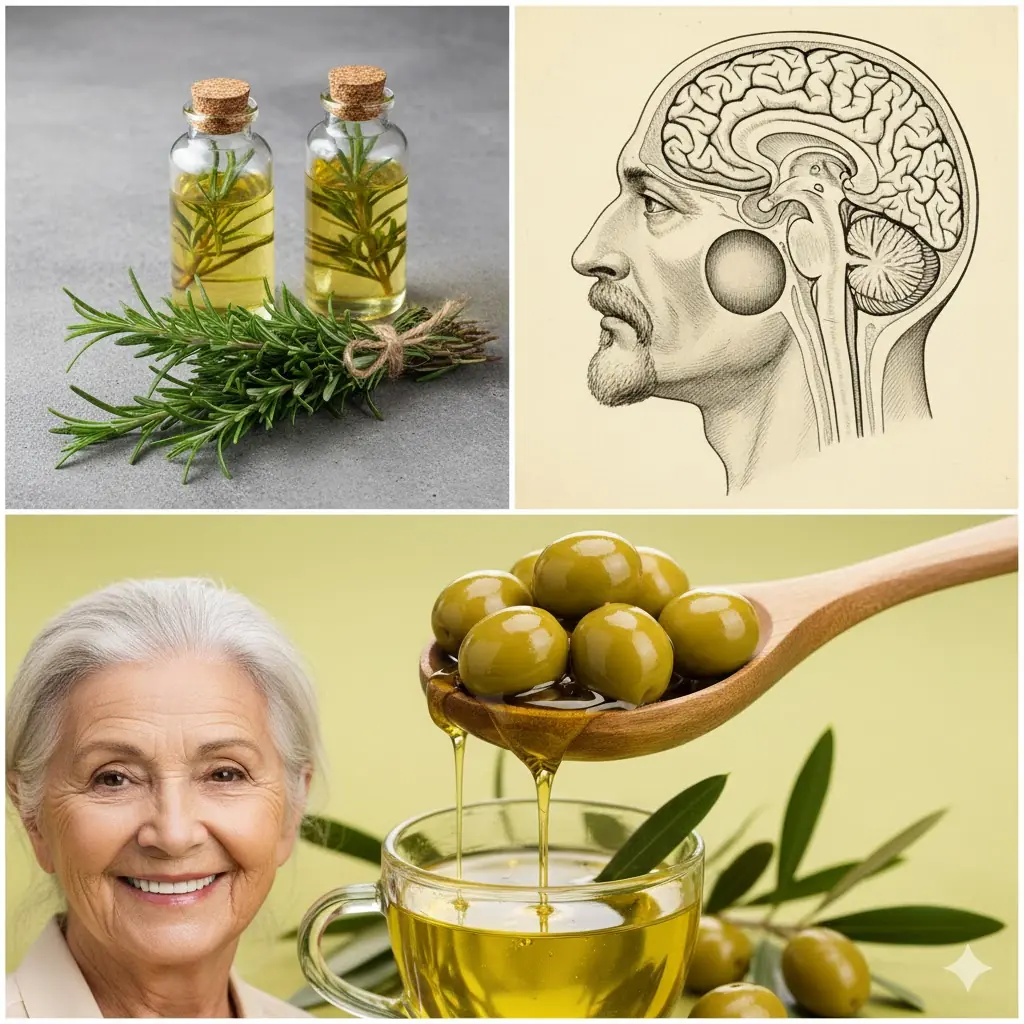
Unlocking the Power of Rosemary Tea: A Natural Elixir for Mind, Body, and Soul
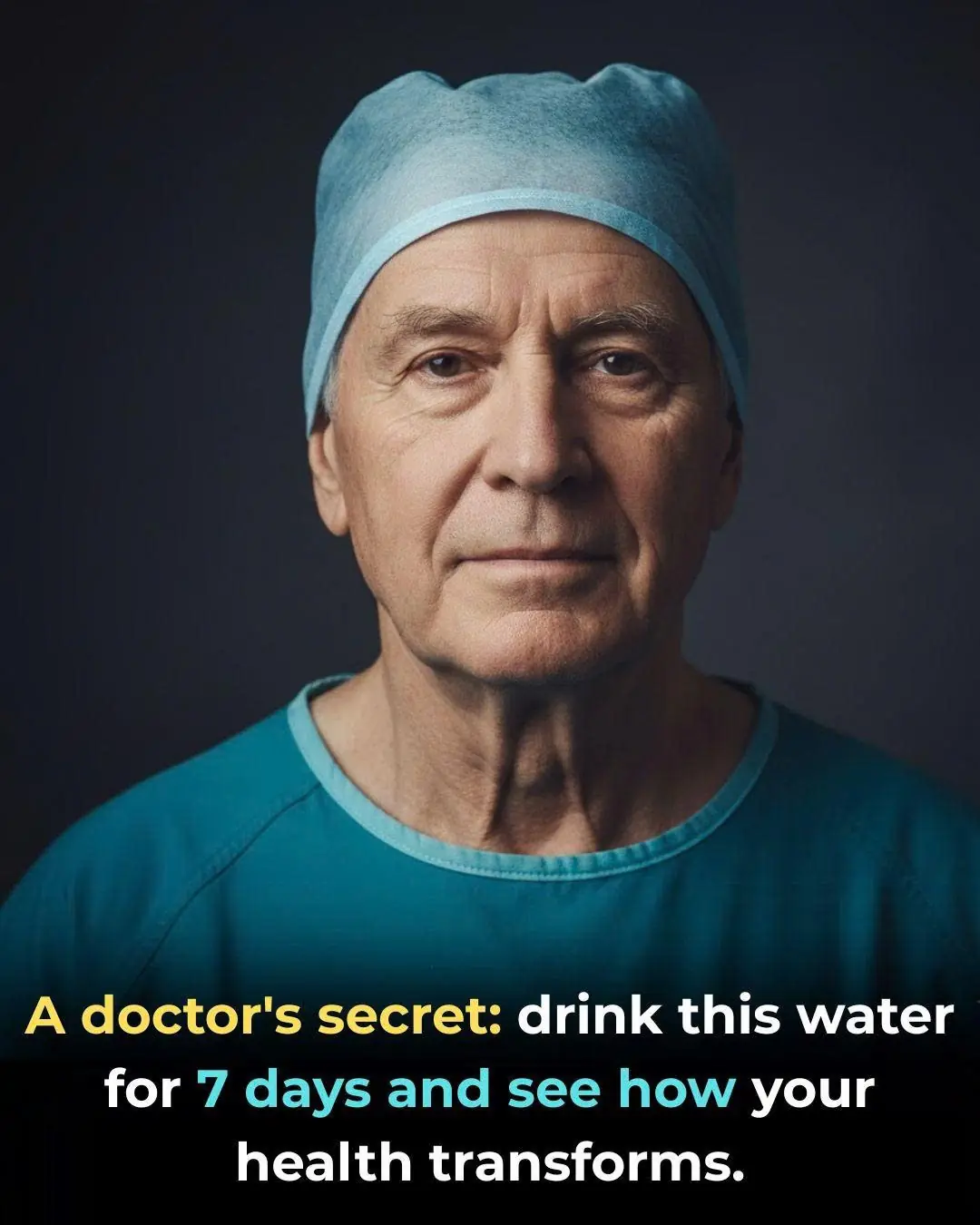
Drinking Water the Right Way
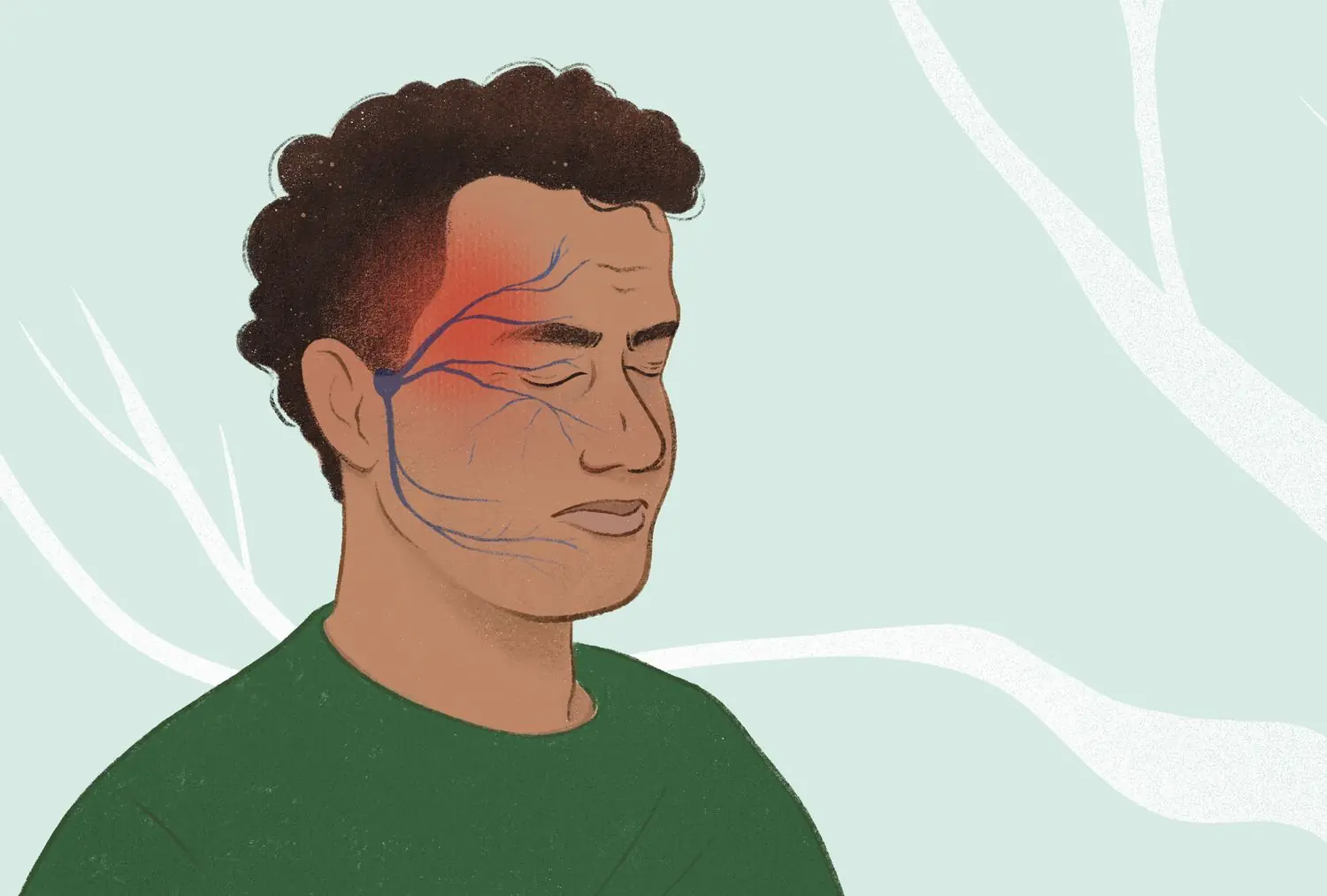
Headache Above or Behind the Left Eye? Here’s What It Could Mean
News Post

From Space to Earth: The Science Behind Felix Baumgartner’s Record-Breaking Jump

Transforming Oil into Green Prosperity: The Success of Norway’s Sovereign Wealth Fund
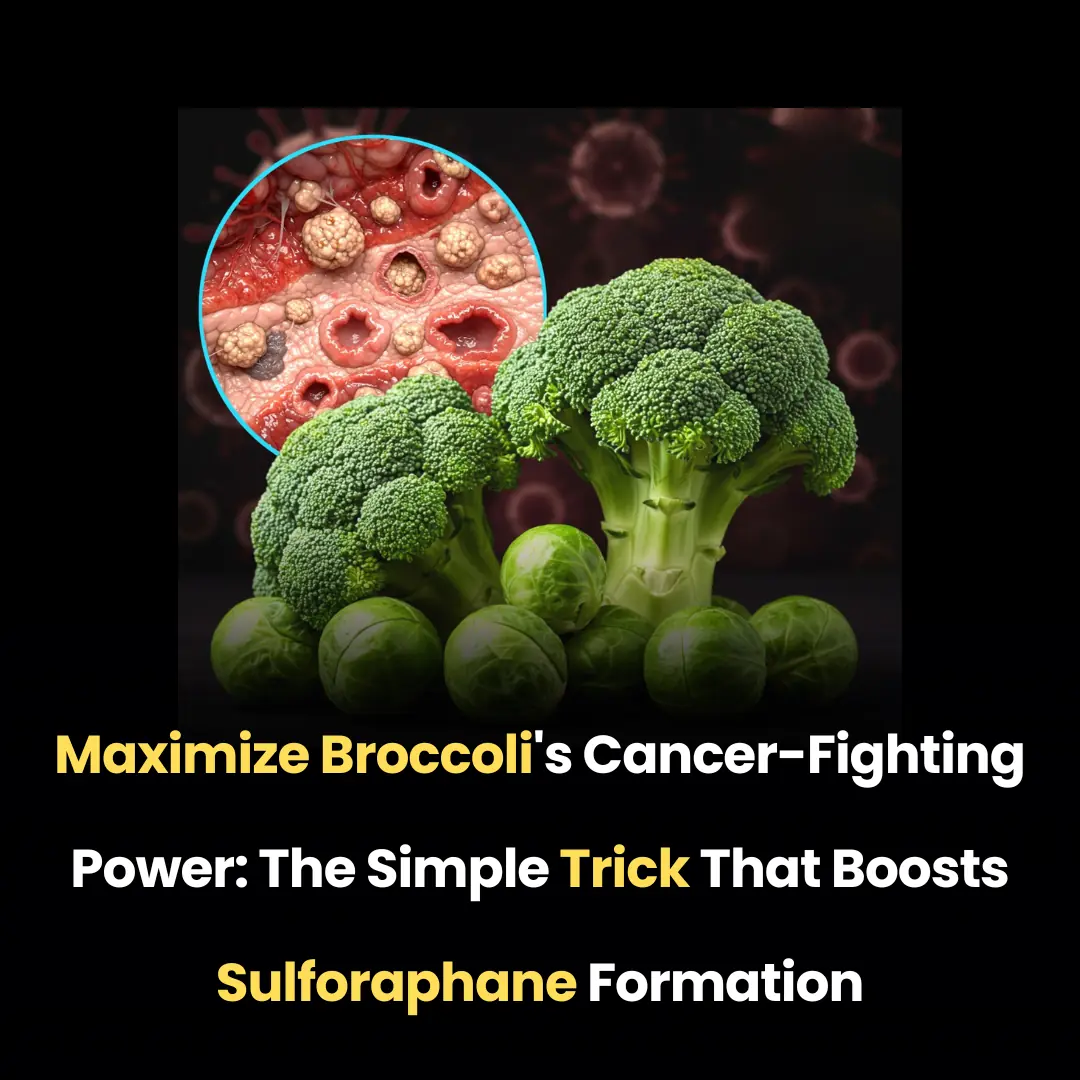
Maximize Broccoli's Cancer-Fighting Power: The Simple Trick That Boosts Sulforaphane Formation
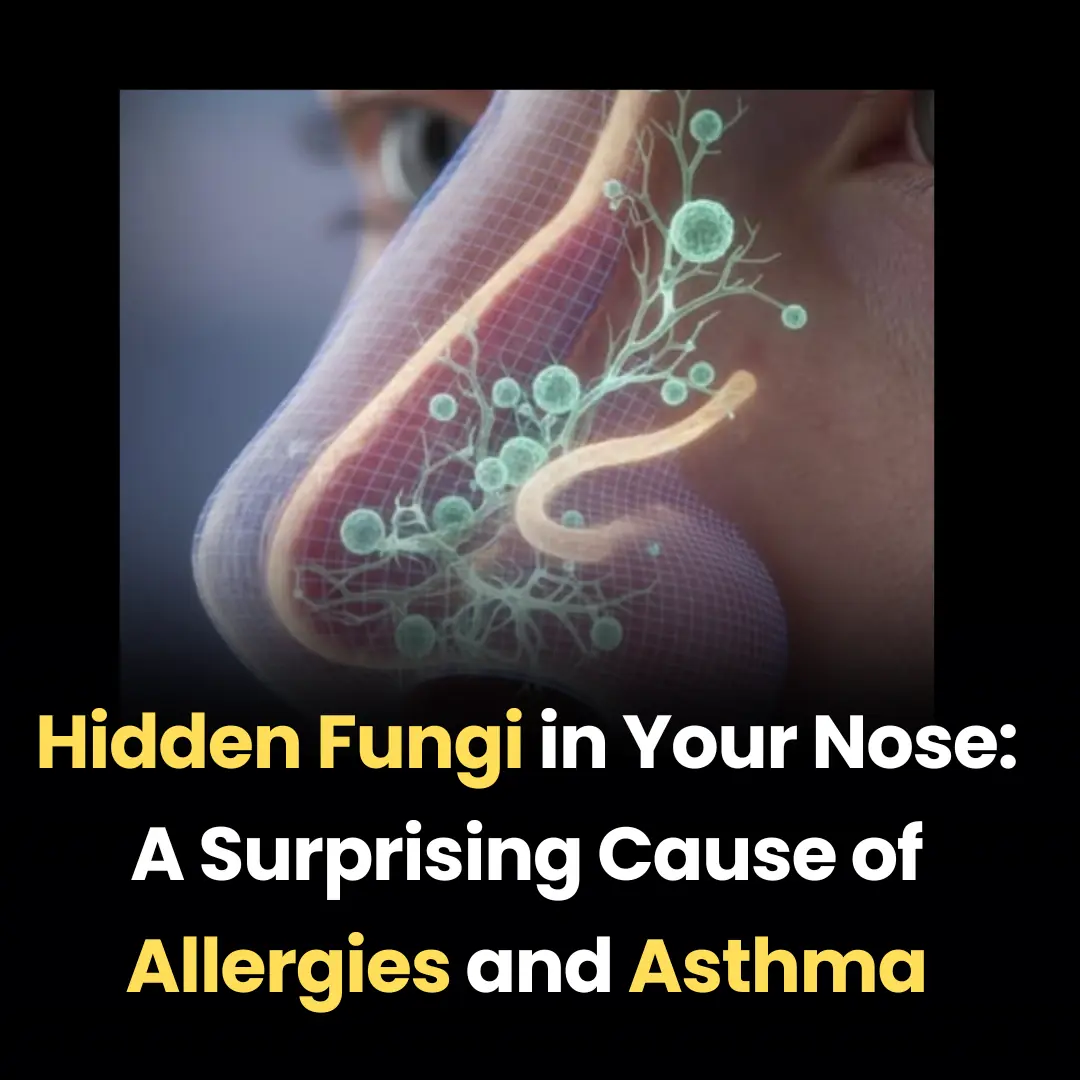
Hidden Fungi in Your Nose: A Surprising Cause of Allergies and Asthma

From Dialysis to Remission: How New Drugs Are Changing the Fight Against Chronic Kidney Disease

The Hidden Beauty of Grass: Discovering Smiling Faces Under the Microscope
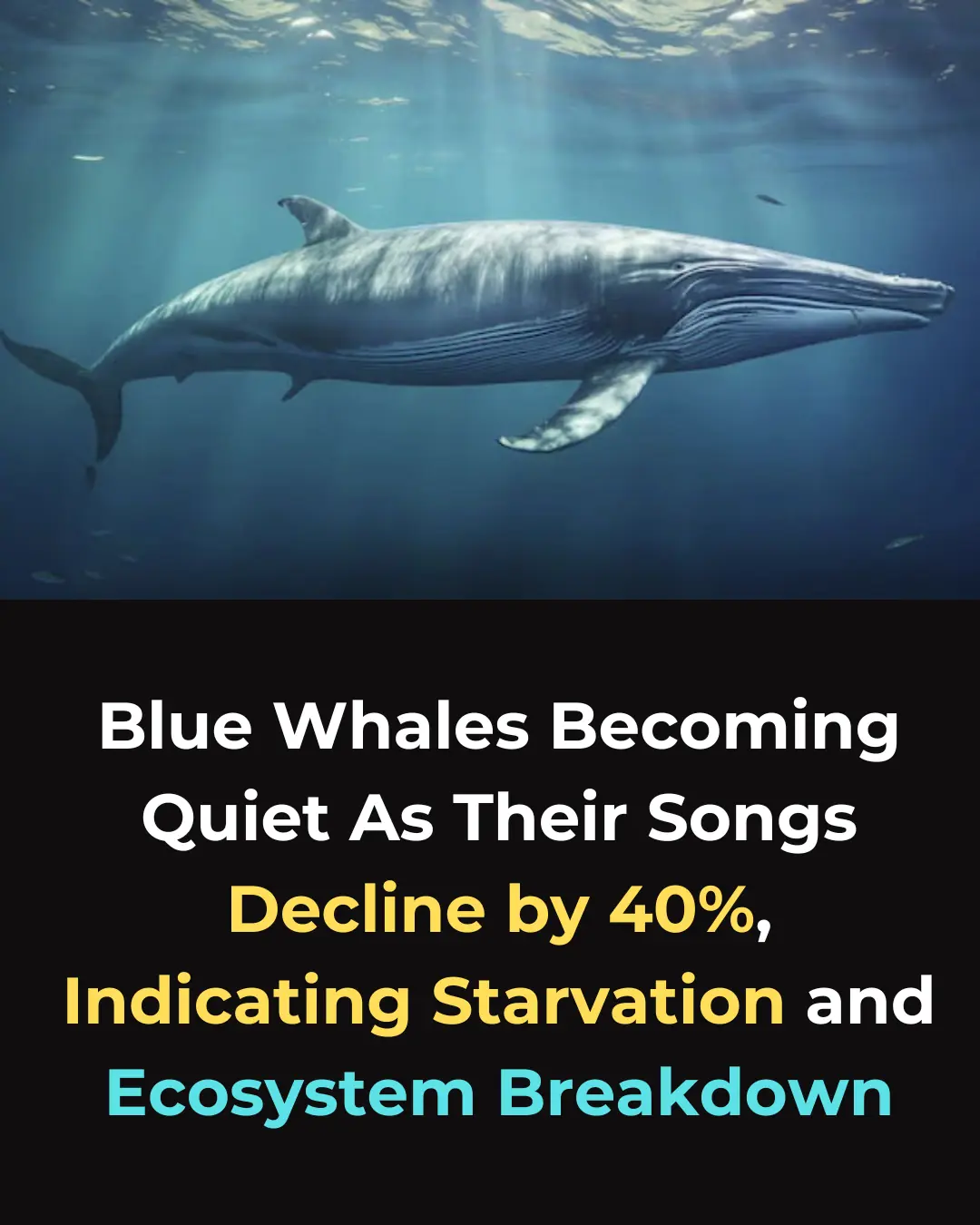
The Quiet of Blue Whales: How Climate Change is Affecting Whale Behavior and Ecosystems
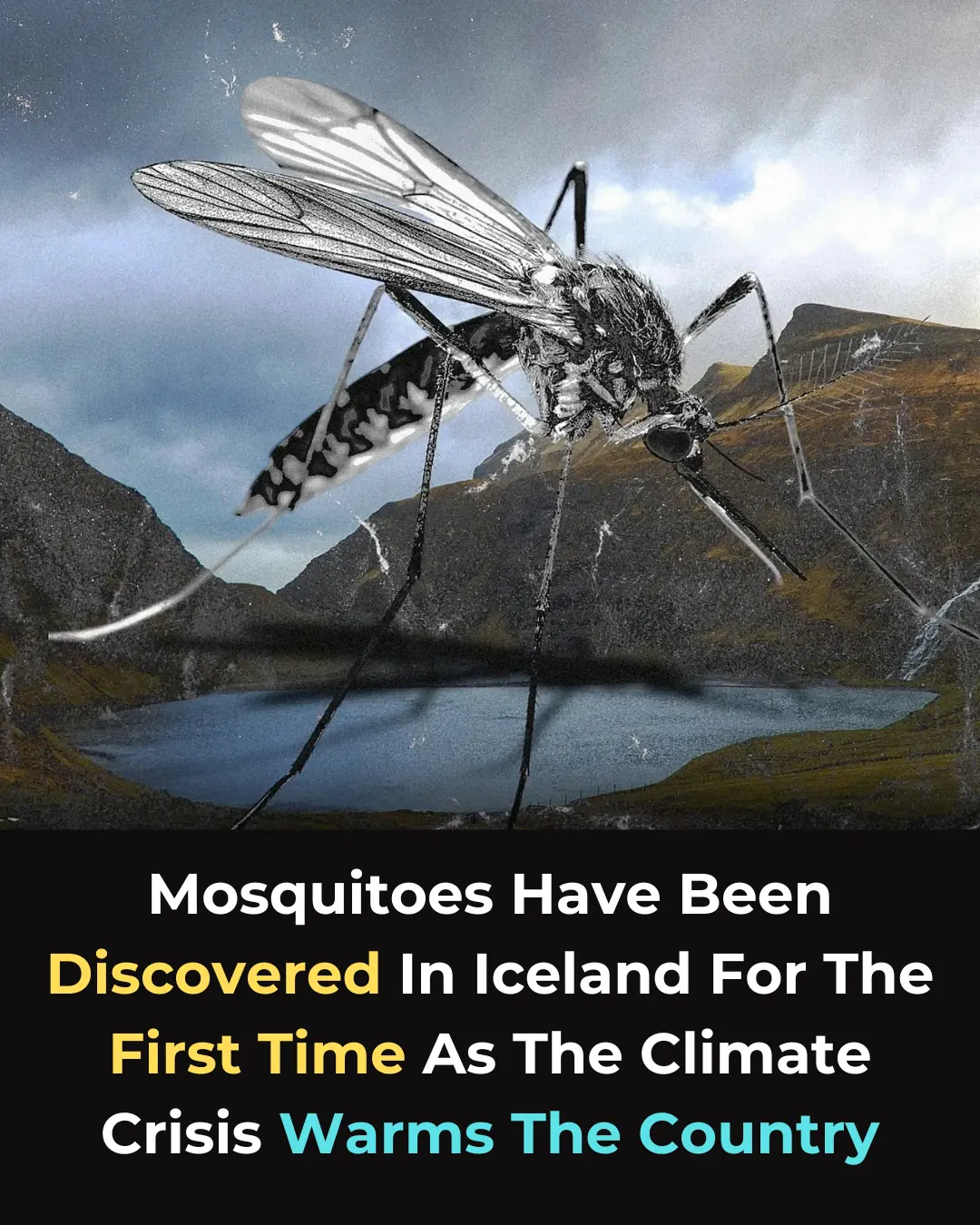
The Arrival of Mosquitoes in Iceland: A Sign of Shifting Ecosystems and Public Health Risks

PP405: A Promising New Drug That Could Revolutionize Hair Loss Treatment by Reactivating Dormant Hair Follicles

Astronomers Capture Groundbreaking Image of New Solar System Formation

Denmark's 'Rolling Grocer' Initiative Brings Fresh Food and Community Connection to Rural Seniors

Mosquitoes Discovered in Iceland for the First Time: A Warning of Climate Change Effects

Denis Vashurin: The Man Who Appears as a Teenager Despite Being in His 40s

M.K. Prakasan: The Teacher Who Swims 12 km Daily to Educate Students in Kerala

Belgian Prodigy Laurent Simons Earns PhD in Quantum Physics at Just 15 Years Old
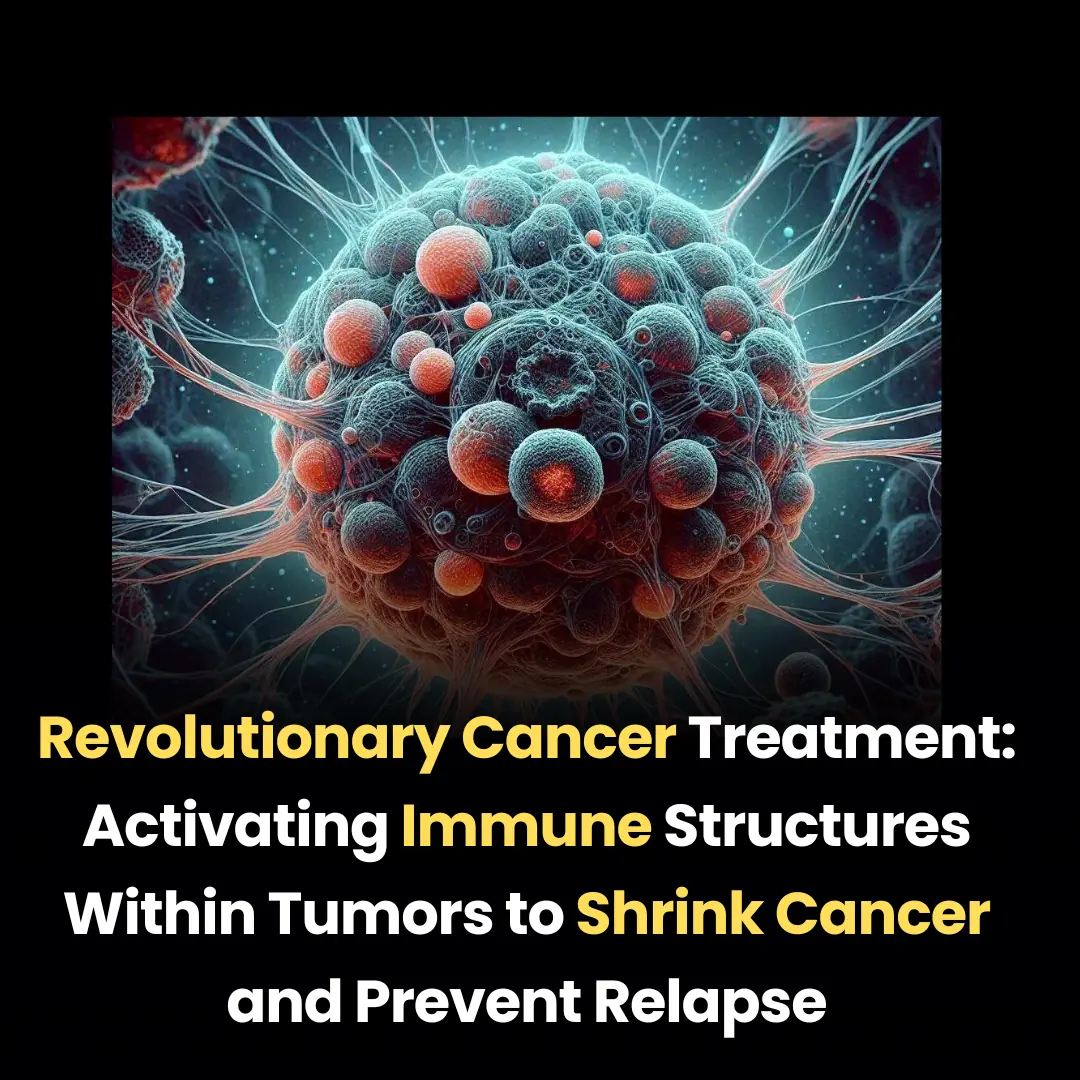
Revolutionary Cancer Treatment: Activating Immune Structures Within Tumors to Shrink Cancer and Prevent Relapse
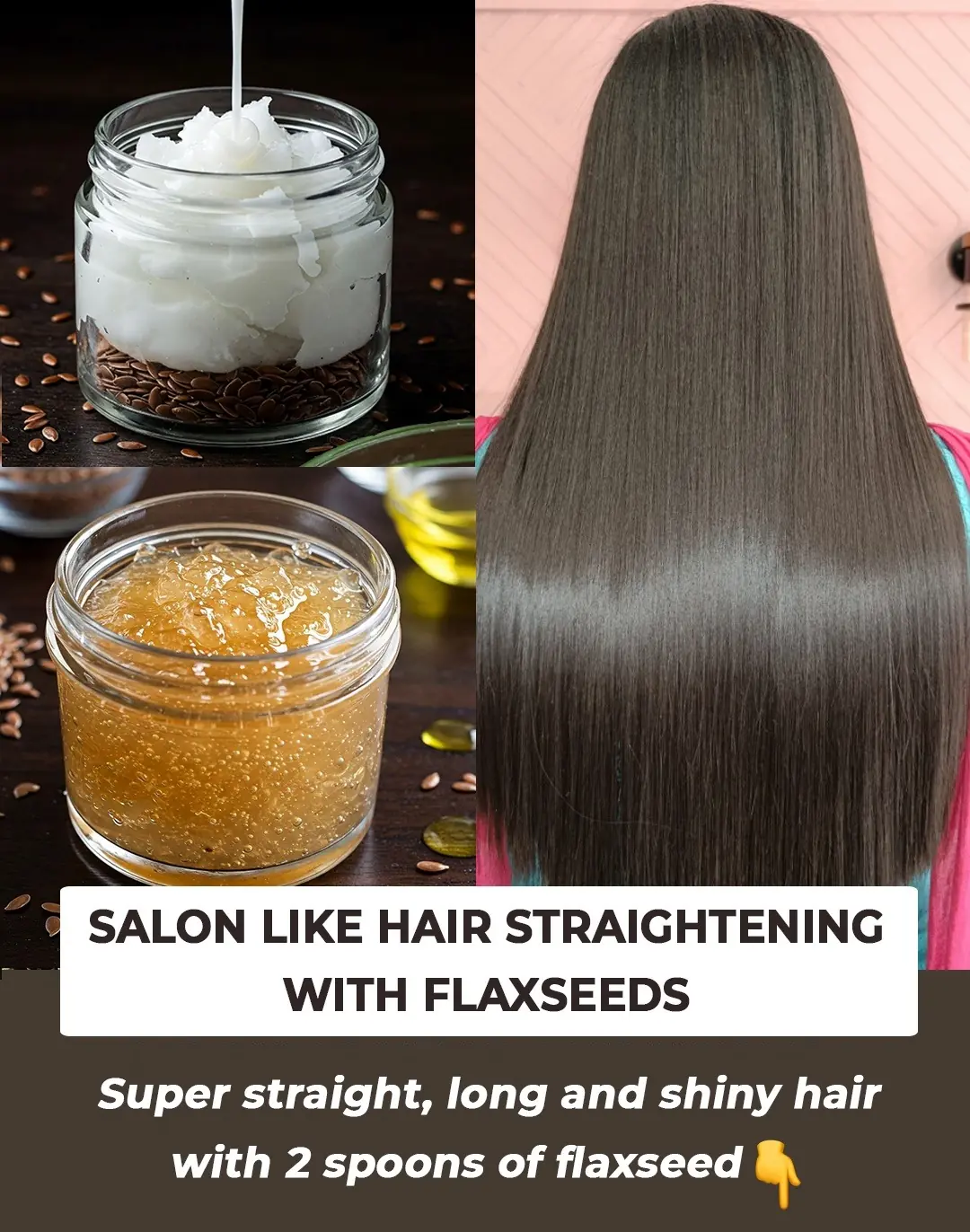
Flaxseeds Gel For Faster Hair Growth
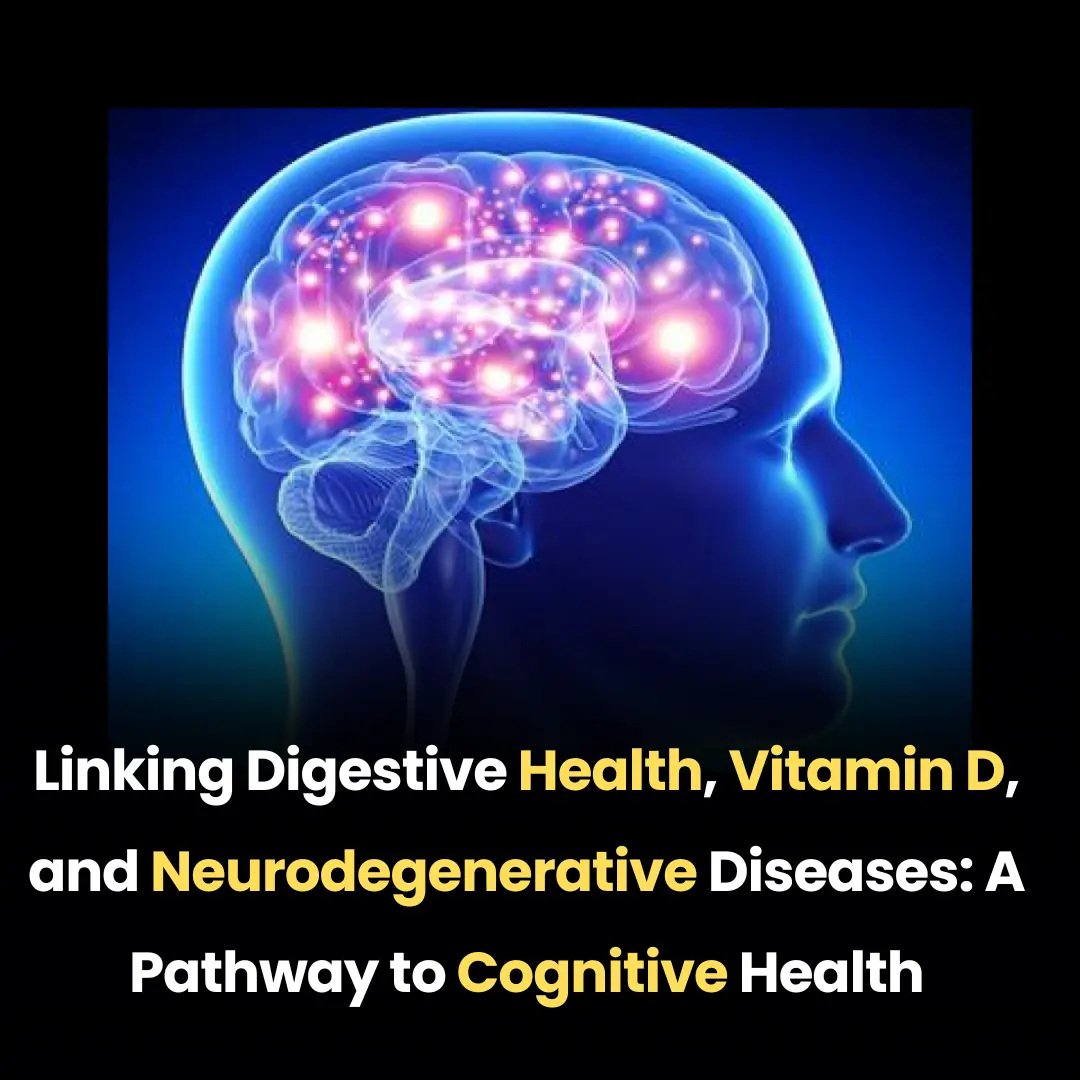
Linking Digestive Health, Vitamin D, and Neurodegenerative Diseases: A Pathway to Cognitive Health

The 400-Year-Old Greenland Shark: A Living Witness to Centuries
